 Jonah Sanderson with the Moishe House Staff. Photo courtesy of Jonah Sanderson.
Jonah Sanderson with the Moishe House Staff. Photo courtesy of Jonah Sanderson. Thirty-two-year-old Jonah Sanderson describes himself like a bottle of his favorite single malt scotch. “When you first put your nose to it, the smell is caramel, shoe leather and tar and you think, ‘This is strange, who would drink this?’ But then you sip it and you get to love it. And that’s who I am.”
Those who have met the activist and Los Angeleno know Sanderson is strong-willed and determined. His father told him growing up that he could do anything he wanted in life, he would just have to work harder than the average person.
What people might not know about Sanderson is that he was born with intrauterine growth retardation syndrome. At nine years old he was diagnosed with a non-verbal learning disability, which means that “the right side of my brain works differently and processes information differently than my left side of my brain.” After going to the Los Angeles Regional Center as a child, Sanderson was misdiagnosed with mild mental retardation. For the next 13 years, he failed his classes, dropped out of school and wasn’t able to fully come to terms with the repercussions of his misdiagnoses until he was 17.
Since disabilities are on a spectrum, Sanderson didn’t fit neatly in any specific category. Not having the resources because institutions, educators and community leaders weren’t properly equipped, he wasn’t sure where to turn.
Then at 22, he had an awakening. He decided to invest himself and his time learning about Judaism.
“You don’t have to have a high school education to be part of the Jewish people,” Sanderson said. “I looked every day for a year for a Jewish community that was welcoming and inclusive. I found my mentor and almost a second father to me, Rabbi Yitz Jacobs. He gave me self-confidence. He said to me, ‘You can do anything you want to do. I see you no differently than I see anyone else.”
“You don’t have to have a high school education to be part of the Jewish people.”
Jacobs, who is a rabbi at Aish Los Angeles, took Sanderson under his wing and taught him about Torah, Talmud and Jewish rituals. With his help, Sanderson moved to Israel for two years, studied with Aish, made friends and lived on his own for the first time.
“Jonah is so smart, he is so articulate. There are so many ways he can learn. We just had to work on who he was and how he learns,” Jacobs told the Journal. “He’s overcome so many challenges and used them as opportunities. I’m so proud of him.”
When he returned home, he came back and told his parents he not only wanted to finish school and graduate, but attend college and rabbinical school, no matter what it took.
In 2016 he graduated high school and in 2020 Sanderson graduated college with a BA in criminal justice. In May, he will be the first person with a non-verbal learning disability to receive a master’s degree from the Academy for Jewish Religion California (AJRCA).
When Sanderson enrolled at AJRCA, he had “come to terms with his disability,” but wasn’t very public about it. Though his mild disability wasn’t visible, he went to speak with AJRCA President Rabbi Mel Gottlieb to create a plan for success, since the school never had a reason to modify programs for students with disabilities.
“AJRCA did a mitzvah. They took somebody like me and they allowed me to become a Jewish leader and they let me grow my soul,” he said. “Because they took me, I managed to get three more people with differing disabilities through the door— one with the same diagnoses as me— and this person is becoming a chaplain.”
Gottlieb said the school was open to adapting its curriculum to make it more inclusive. The whole experience was not only educational and impactful for Sanderson but also for the other rabbinical students, teachers and staff.
“If we were to accept students with disabilities, we had to provide them with support and learn how to educate them in ways that would be user-friendly, without compromising the classroom situation and the expectations to pass the class,” Gottlieb said. “We used it as a challenge for our school to accept differences and to learn greater patience…The term learning disability is broad. We have to educate ourselves that one way of learning doesn’t fit for all… If everyone works together in an understanding manner then progress is made.”
Sanderson was now working with educators to create a plan specifically for him, instead of fitting into a category. Sanderson said while he holds a great deal of respect for the Jewish community, he struggled growing up to find mentors and spaces like AJRCA that were willing to help him succeed and not shut him out. He was kicked out of Jewish day schools, misdiagnosed by local institutions and felt alienated from his community, even when the intentions were meant to be helpful not harmful.
“They might have good intentions, but more often than not these kids are charity cases,” Sanderson said. “You get volunteer hours and volunteer with kids who are atypical but then you’re not friends with them outside of school. You don’t see them in the community, it looks better for the other person. What rabbis need to do and what I hope to do when I get ordained, is to create communities where we are saying, ‘We are going to be inclusive and no person is unlike any other person.’ That is what matters.”
During his time at AJRCA, Sanderson has advocated for social justice causes that are important to him, including fighting for the LGBTQ community, the Black community, minorities and implementing suicide prevention and mental health services in the Jewish community. He has also chosen to add disability activist to his line of work.
“When I came out about my story, several people let me know something similar happened to their child,” Sanderson said.
On Feb. 21, Sanderson and Rabbi Cantor Cheri Weiss, founder of San Diego Outreach Synagogue, hosted a Zoom event that coincided with JDAIM: Jewish Disability Awareness, Acceptance and Inclusion Month. After hearing Sanderson’s story, she wanted him to speak with members of the Southern California Jewish community.

“Jonah wanted to focus on the positive aspects of his story, which is in line with the positive way he approaches life in general,” Weiss said. “He focuses on what he can do rather than what he cannot. In turn, this inspires others who may be facing their own personal challenges. Belief in yourself is the first step to overcoming these challenges. Having people who believe in you is the other part of the equation. Jonah found both.”
Weiss and Sanderson teamed up for the event because they both believe that the Jewish community is responsible for and benefits from welcoming and including people of all backgrounds. Weiss added, “celebrating our diversity makes our Jewish community stronger and more vibrant.”
One of the first people outside of his family Sanderson was able to open up to about his disability was Alisha Pedowitz, California director of Moving Traditions. After meeting at an event about consent following the #MeToo movement for the Jewish Federation, he approached Pedowitz with dozens of questions. Pedowitz, who identifies as a progressive, and Sanderson, who identifies as a “George W. Bush Republican,” didn’t see eye to eye at first. Despite their differences, their friendship blossomed because of their ability to listen and learn from one another. This was especially the case during the 2020 presidential election.
“Something I deeply love and appreciate about Jonah [is] when you have these conversations with him, he really listens and really thinks about it even if it’s counter to his own opinions and perspective,” she said.
After discussing the election at length, Pedowitz helped Sanderson choose to vote for now-President Joe Biden. Pedowitz noted how “life-changing” it has been to witness Sanderson genuinely “want to understand other perspectives and opinions, even though he has strong beliefs of his own. [He] genuinely changes the way he sees things following conversations, and takes ownership of that.”
“Alisha was one of the first people in the Jewish community when I came out [with his disability], to see me as an equal, as a partner,” Sanderson added. “She taught me how to see the God in other people that were different from how I was and to be less black and white. The day I voted for Joe Biden was the best election day since I first voted at 18 and I have her to thank for it.”
While he still has time before AJRCA graduation day, he is already thinking of the next steps and the kind of Jewish professional he wants to be. He sees himself becoming an “egalitarian conservodox rabbi in the pulpit and doing a lot of outreach.” That means continuing advocating for suicide prevention in the Jewish community, advocating for other minorities, confronting injustices and creating spaces where every Jewish person feels seen and respected. He will also do so while not letting his disability define him.
“What happens when you talk about your own learning disability is that many people come out and understand your struggles and they identify with them too,” he said. “Within the last year, I have been vocal about it. There’s a saying from the Talmud which is, ‘If I’m not for myself who will be for me? And being only for myself, what am ‘I’? And if not now, when?’ That saying is my life and I really never wanted to be a leader in this sense but then I thought, I can just be a leader in every sense.”
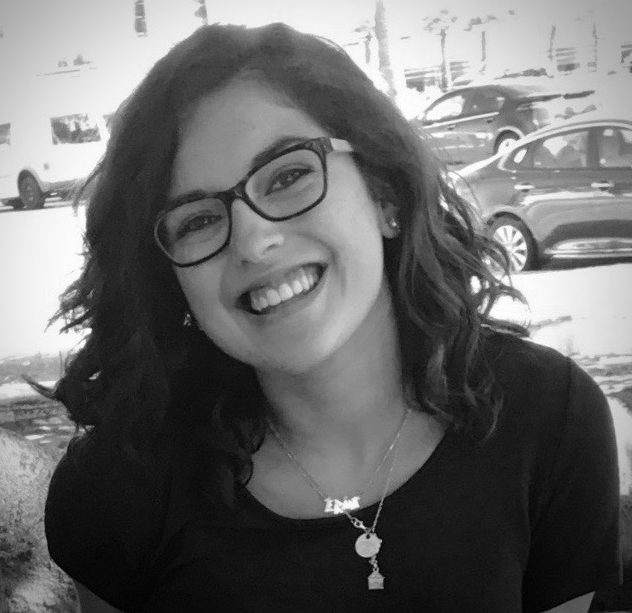






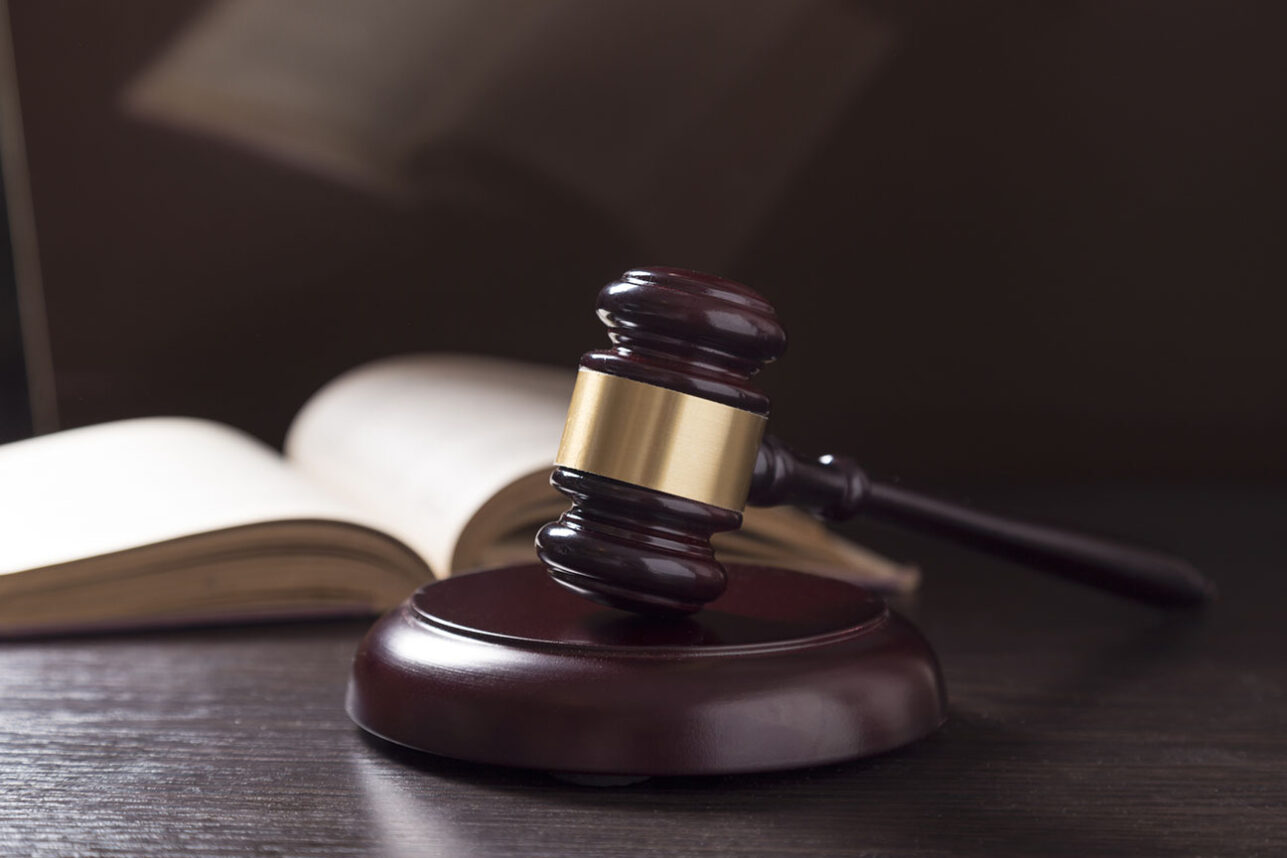
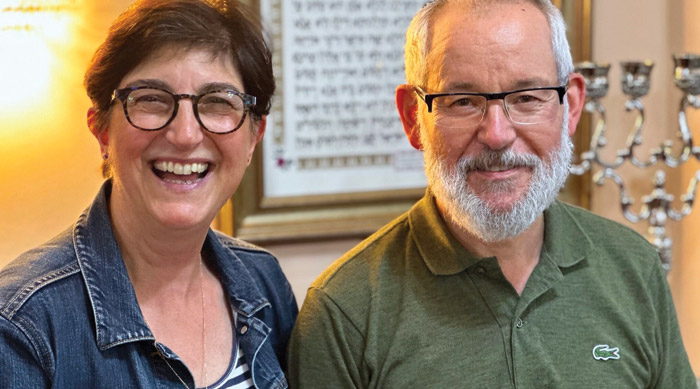
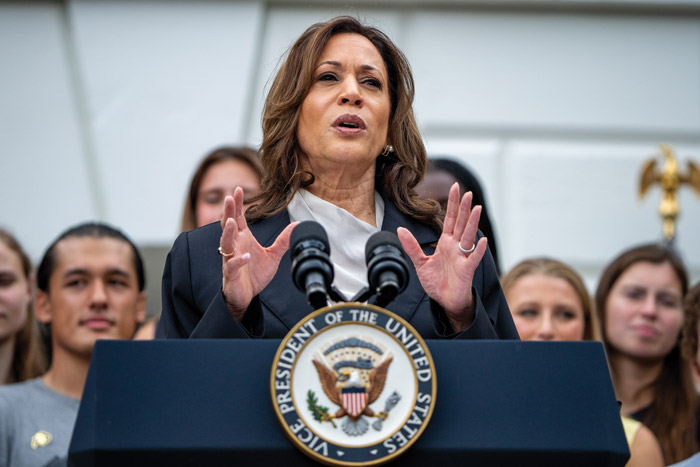
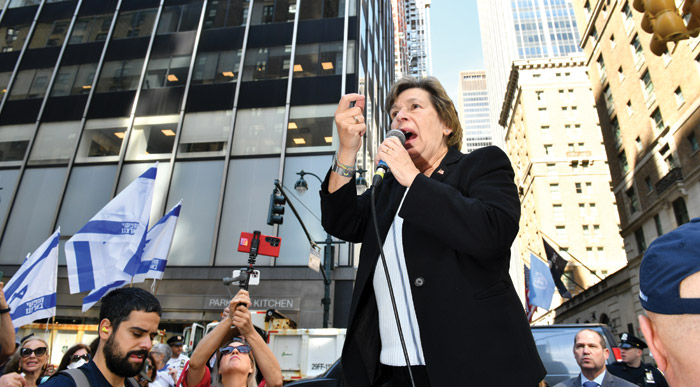
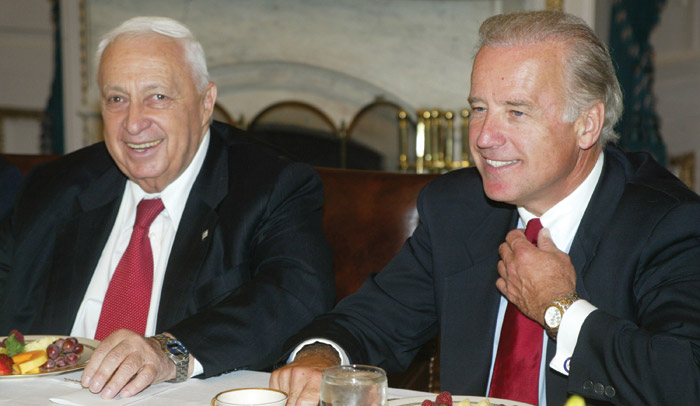
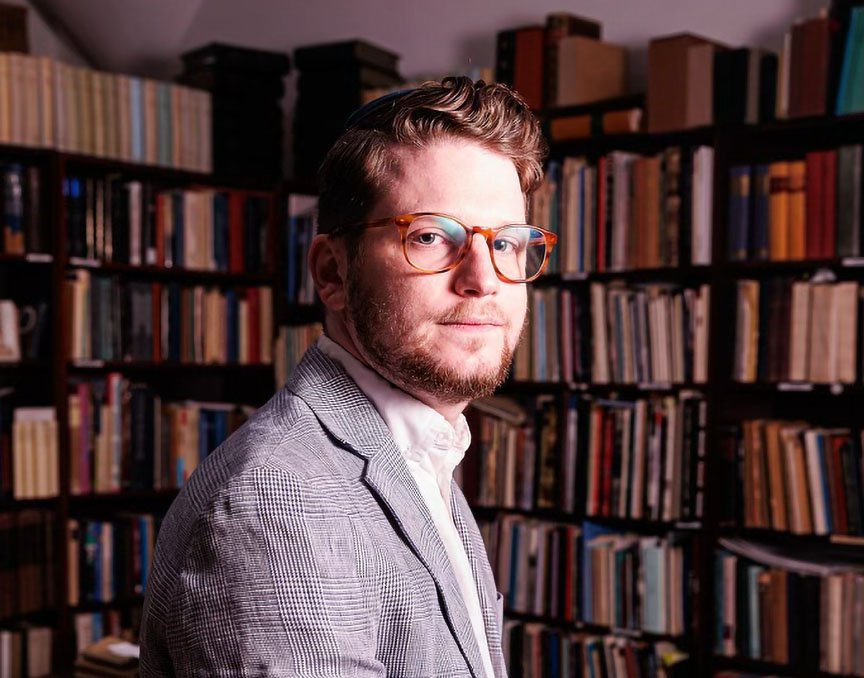
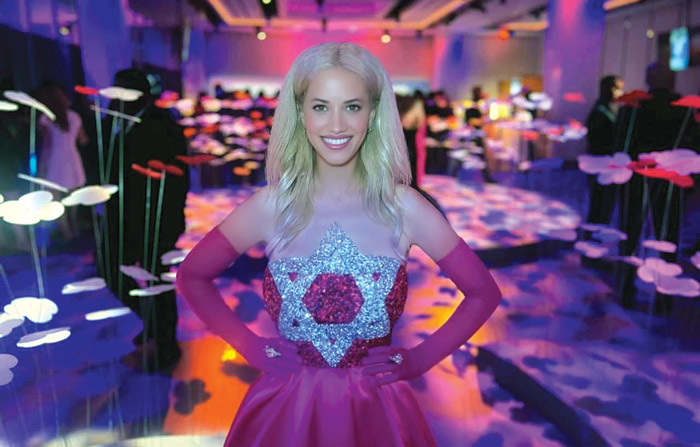


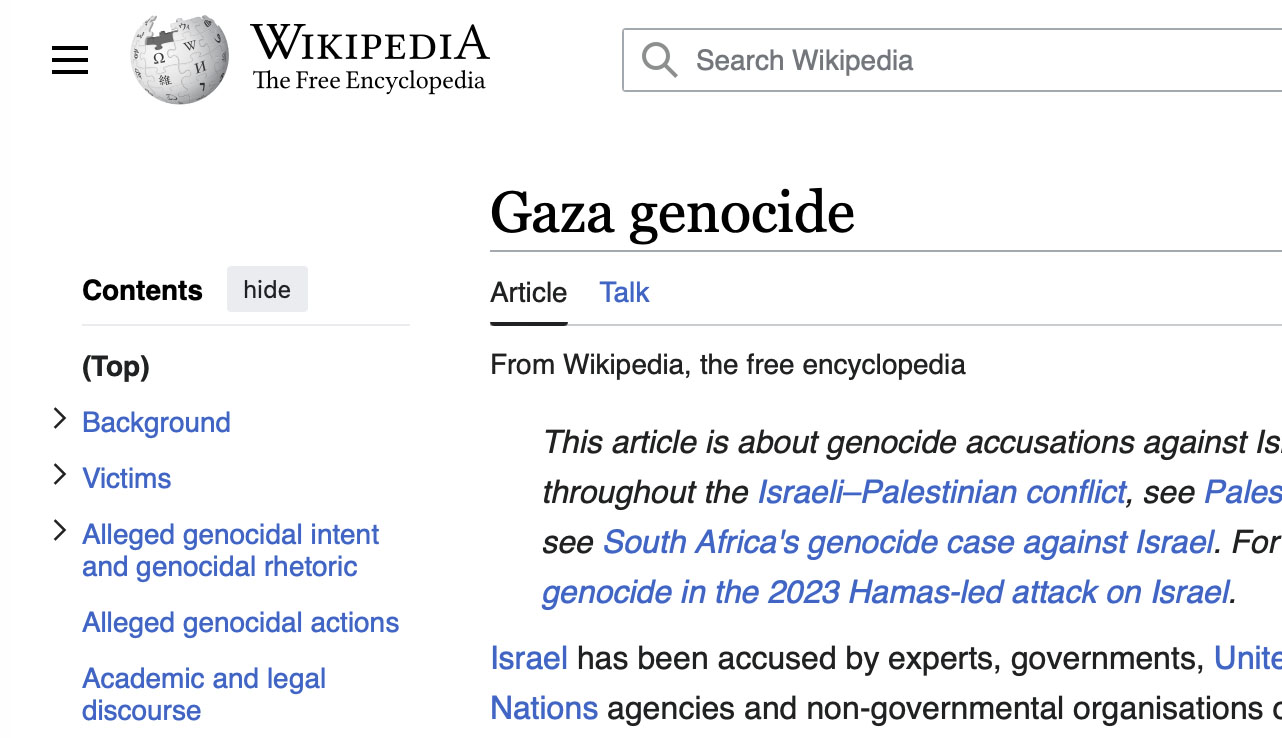



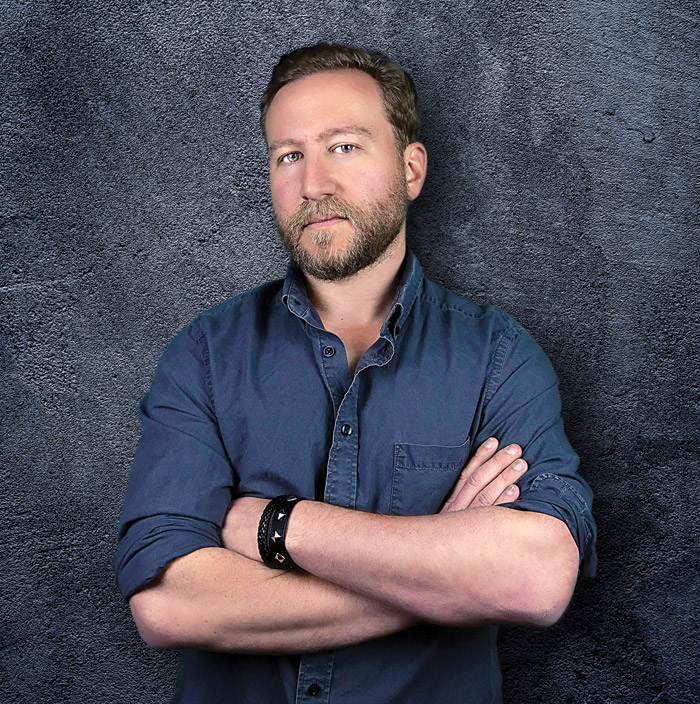
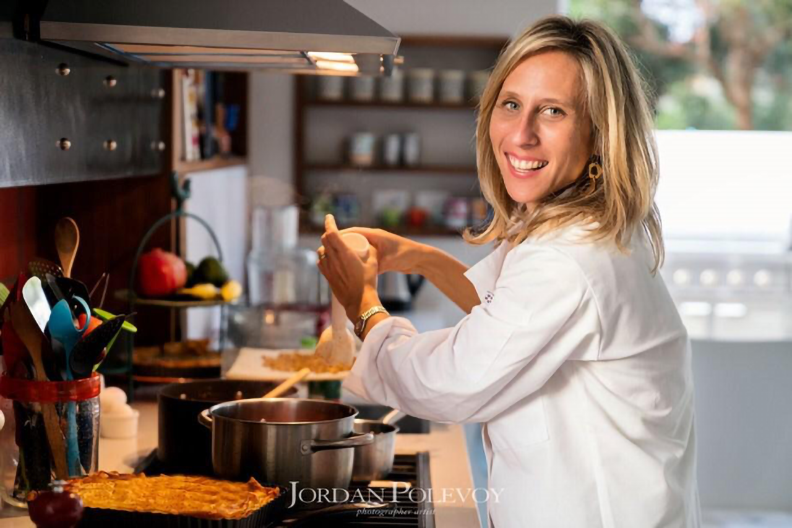
 More news and opinions than at a Shabbat dinner, right in your inbox.
More news and opinions than at a Shabbat dinner, right in your inbox.